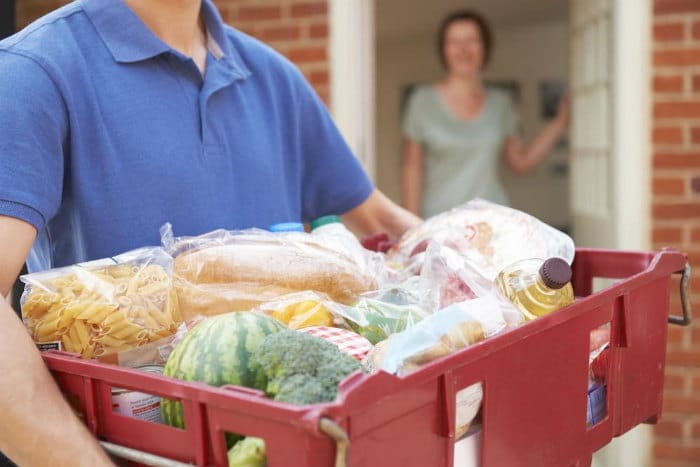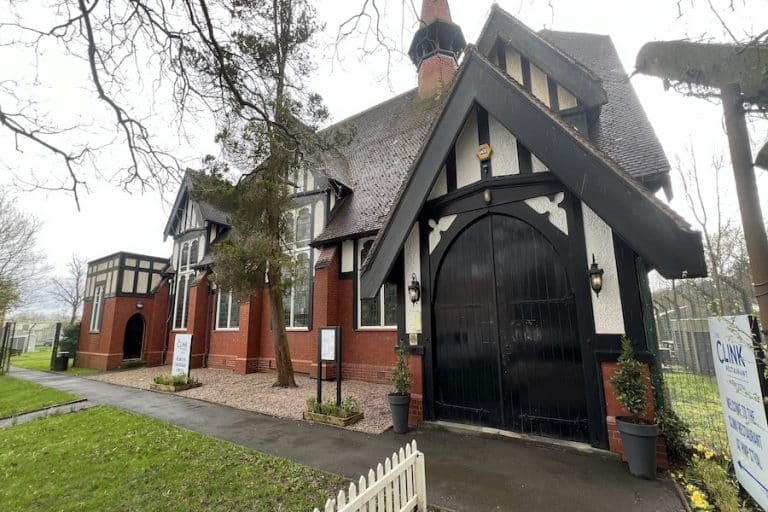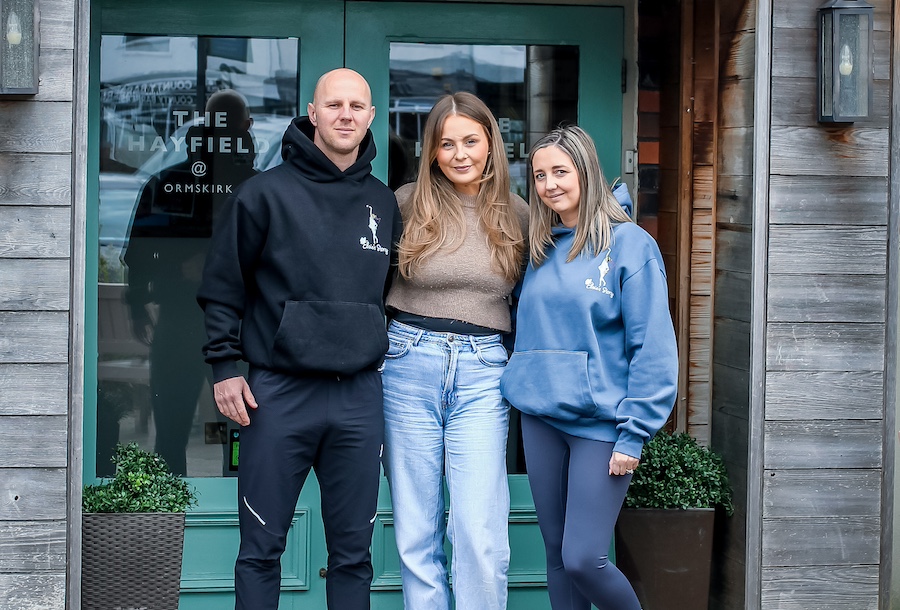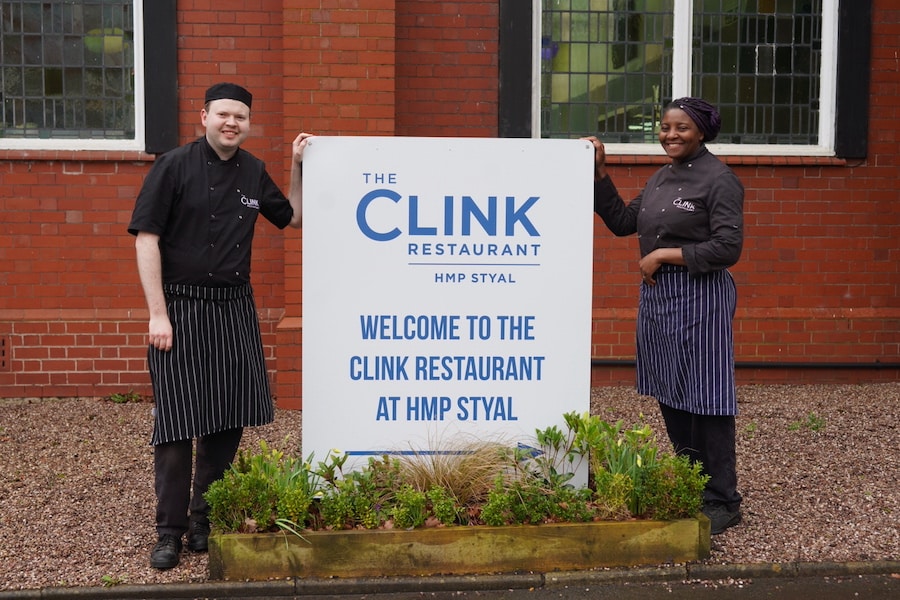The NHS asked for volunteers – and over 400,000 signed up in 24 hours
- Written by Louise Rhind-Tutt
- Last updated 5 years ago
- Community

At the weekend, the NHS began to contact 1.5 million people deemed at “very high risk” of serious illness if they caught coronavirus, including those with serious asthma and other lung conditions, some cancer patients, and those on immunosuppressant drugs.
Last night, they announced that an ‘army’ of volunteers was needed, who can help support the people who are at most risk from the virus to stay well.
The health secretary, Matt Hancock, announced that the government was seeking 250,000 volunteers to help the NHS during the coronavirus outbreak.
Within 24 hours, over 405,000 people have already signed up. Around 11,000 former medics have also agreed to return to the health service, and more than 24,000 final year student nurses and medics will be joining them.
Prime Minister Boris Johnson said today that the volunteers would play an “absolutely crucial” role in fighting the virus.
It means that doctors, nurses and other professionals will be able to refer people to NHS Volunteer Responders and be confident that they have been matched with a reliable, named volunteer.
Once you have registered with the programme and checks are complete, you will be provided a log-in to the GoodSAM Responder app.
Switch the app to ‘on duty’, and you’ll see live and local volunteer tasks to pick from nearby.
Ways to help
Four types of volunteers are listed on the NHS page:
- Community response volunteers: This role involves collecting shopping, medication or other essential supplies for someone who is self-isolating. The volunteer would also deliver these supplies to their home.
- Patient transport volunteer: This position supports the NHS by providing transport to patients who are medically fit for discharge, and ensuring they are settled safely back in to their home.
- NHS transport volunteer: This role involves transporting equipment, supplies and/or medication between NHS services and sites. It may also involve assisting pharmacies with medication delivery.
- Check-in and chat volunteer: These volunteers will provide short-term telephone support to individuals who are at risk of loneliness as a consequence of self-isolation.
How to volunteer
Volunteers must be 18 or over, and fit and well with no symptoms.
Those in higher-risk groups (including those over 70, those who are pregnant or with underlying medical conditions) will be able to offer support by telephone.
The majority of tasks can be undertaken while social distancing and volunteers will receive guidance through a “getting started pack”.
Sign up using the form below.
- This article was last updated 5 years ago.
- It was first published on 25 March 2020 and is subject to be updated from time to time. Please refresh or return to see the latest version.
Did we miss something? Let us know: press@ilovemanchester.com
Want to be the first to receive all the latest news stories, what’s on and events from the heart of Manchester? Sign up here.
Manchester is a successful city, but many people suffer. I Love Manchester helps raise awareness and funds to help improve the lives and prospects of people across Greater Manchester – and we can’t do it without your help. So please support us with what you can so we can continue to spread the love. Thank you in advance!
An email you’ll love. Subscribe to our newsletter to get the latest news stories delivered direct to your inbox.
Got a story worth sharing?
What’s the story? We are all ears when it comes to positive news and inspiring stories. You can send story ideas to press@ilovemanchester.com
While we can’t guarantee to publish everything, we will always consider any enquiry or idea that promotes:
- Independent new openings
- Human interest
- Not-for-profit organisations
- Community Interest Companies (CiCs) and projects
- Charities and charitable initiatives
- Affordability and offers saving people over 20%
For anything else, don’t hesitate to get in touch with us about advertorials (from £350+VAT) and advertising opportunities: advertise@ilovemanchester.com

Head down the rabbit hole for Adventures in Wonderland with Z-arts

Major rail investment set to transform Manchester-Leeds commutes

“His presence will be deeply missed” Children’s hospice bids farewell to their visionary CEO

Has Gordon Ramsay created Manchester’s ultimate bottomless brunch?

The Clink celebrates ten years of empowerment and second chances

















